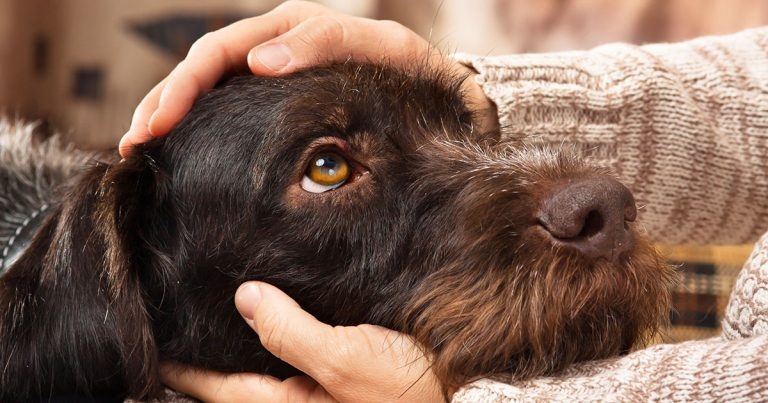7 Nov 2022
The pet charity has launched an urgent appeal for new fosterers amid fears the current animal welfare crisis will only get worse.

Image © rodimovpavel / Adobe Stock
The RSPCA has launched an urgent appeal for new pet foster carers amid fears the current animal welfare crisis will only get worse through the winter.
The charity said it is already paying out around £26,000 a week for private boarders to look after hundreds of rescued animals that it cannot accommodate. Rehoming rates are also estimated to be down nearly a third since 2019, while views of the charity’s Giving Up a Pet online advice page have soared by 42% so far this year.
Senior officials believe that recruiting new fosterers, who would be supported by the charity, can help to ease some of the pressure on its services.
Brian Reeves, the RSPCA’s head of volunteering, said: “We are struggling. Our centres are full to bursting at the moment, which means we’re having to use vital charity funds to pay for animals to be cared for with private boarders and have a long waiting list of animals waiting to come into our centres where they can start their search for a new home.”
The scale of the problem has been highlighted during the charity’s Adoptober initiative, which aims to highlight the work of the 59 RSPCA rehoming centres across the UK. Fourteen are run by the national charity, while the rest are operated by independent branches.
Collectively, 26,945 animals were rehomed from the sites last year. However, that number is down 8% on the previous year and 31% on 2019.
Additionally, there are nearly 700 rescued animals that it currently cannot accommodate.
The average time a dog spent in RSPCA care in 2021 also rose to 93 days from 85, and for rabbits it rose to 117 from 104.
Mr Reeves said: “We are in the middle of an animal crisis and we can only see it getting worse over the winter months as the cost of living crisis bites.
“It’s absolutely vital that we free up as much space in RSPCA centres now, so we’ve got room for animal victims of neglect and cruelty we rescue in the coming weeks and months – and more fosterers is going to be crucial in achieving that.
“Getting pets into loving foster homes – especially ahead of the winter months – will be a lifeline to our frontline officers and the animals in danger we need to rescue.”
But the appeal also follows recent criticism of the RSPCA and two other charities – Blue Cross and Dogs Trust – over its new call for the abolition of UK greyhound racing on welfare grounds.
The sport’s regulator warned such action would worsen the current welfare problems the charities themselves have acknowledged, while a senior official from the Society of Greyhound Veterinarians suggested thousands of dogs could face being euthanised as a result.
RSPCA pet welfare expert Samantha Gaines said the impact of the gloomy economic picture, together with the coronavirus pandemic, is now starting to be felt.
Dr Gaines said: “Many of the animals – particularly dogs – who are coming into our care have behavioural challenges, which could be linked to how they were bred, as well as lockdown limiting the amount of training, socialising and outside world experience they had.
“We’re also beginning to see more animals coming into our care because their owners simply couldn’t afford to care for them anymore, or, in the most extreme cases, having been neglected or abandoned due to the rising cost of pet care.
“For those who are able to bring a pet into their home, we’re urging them to really consider adopting rather than buying.
“Many of our animals will already be neutered, vaccinated and treated for fleas and worms – making it much more cost-effective – and we’ll work with them to make sure they find their perfect match.”
Around 350 foster carers are registered with the RSPCA, plus others with individual branches, and the charity is particularly keen to find places for 112 rabbits among the animals it currently does not have places for.
One of its carers is Liz Braidley, an animal rescue officer from South Yorkshire, who estimates she has fostered more than 500 rabbits in 15 years of work with the RSPCA, including 76 this year alone.
She said the role was “hugely rewarding”, adding: “I’ve had rabbits that have never been on grass before and when they come here they blossom, binkying on the ground and enjoying life.”
Anyone who is interested in becoming a foster carer can find out more at bit.ly/3zImm0J